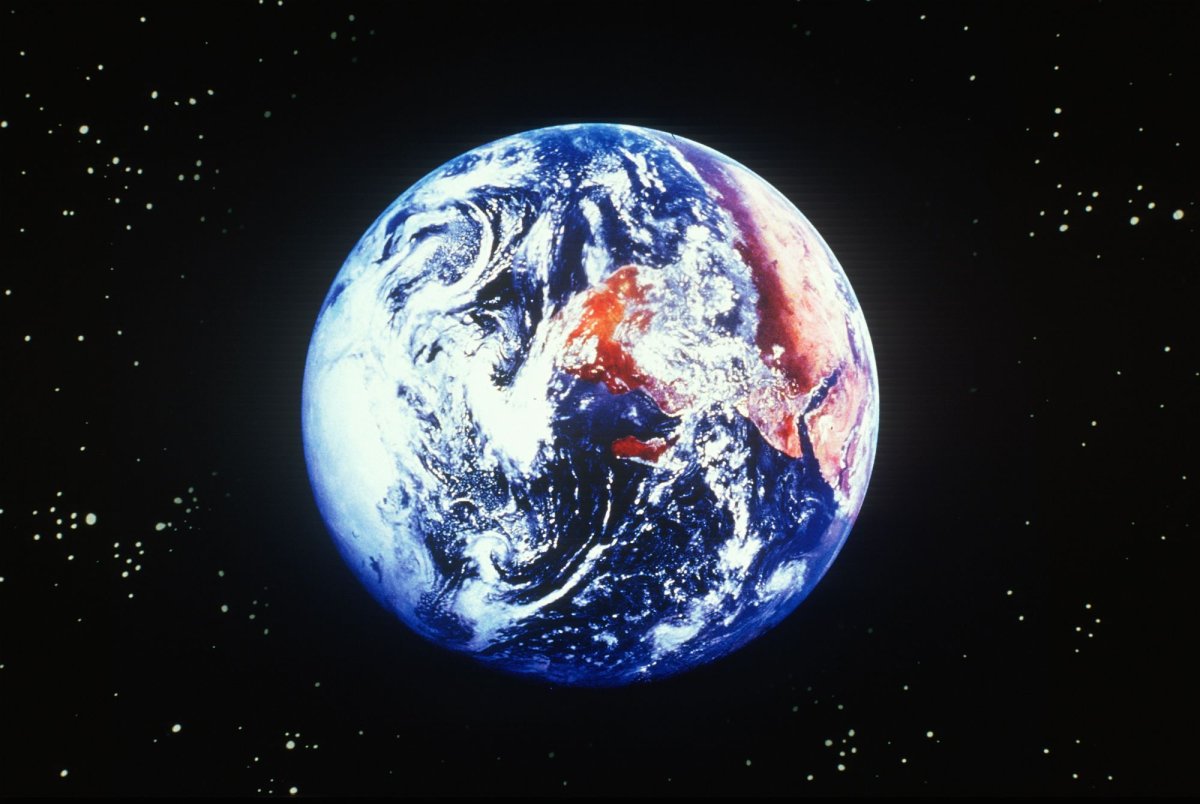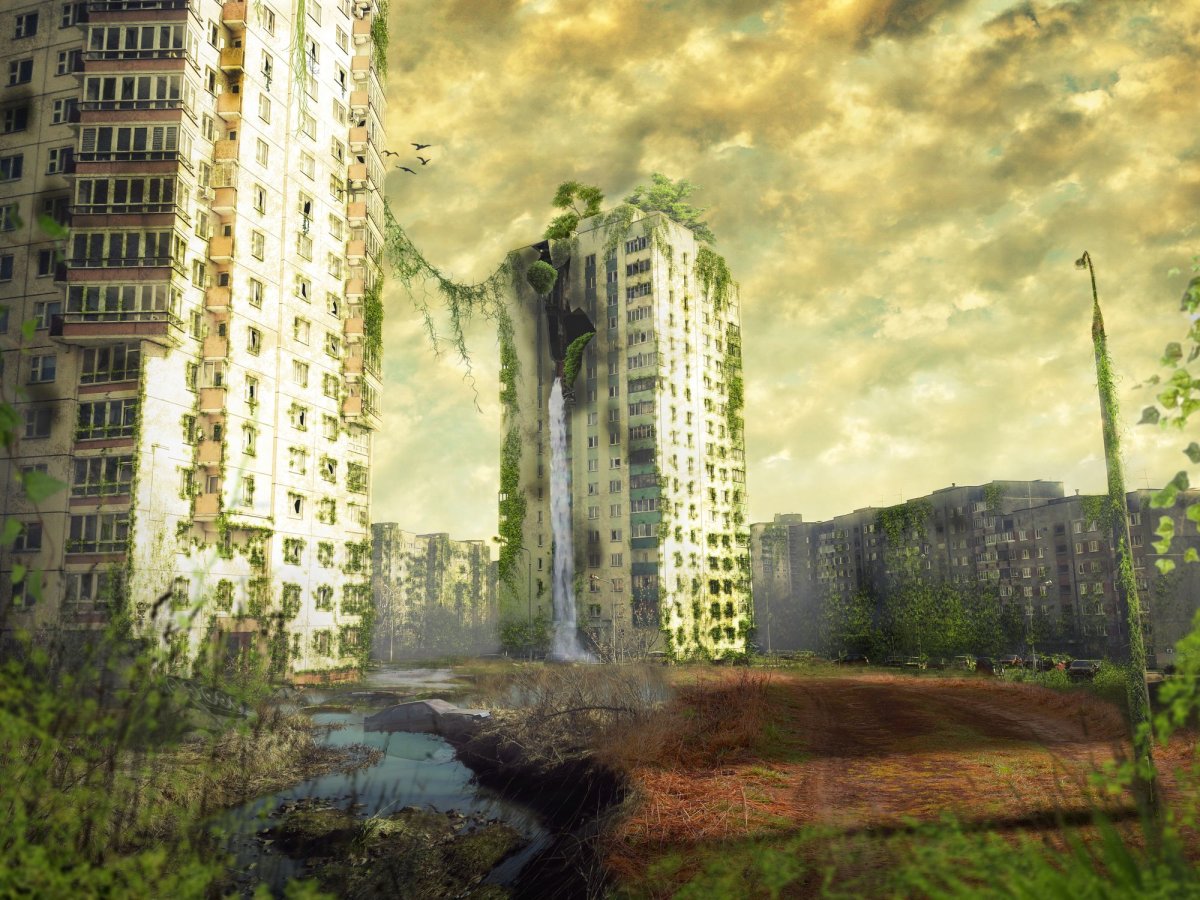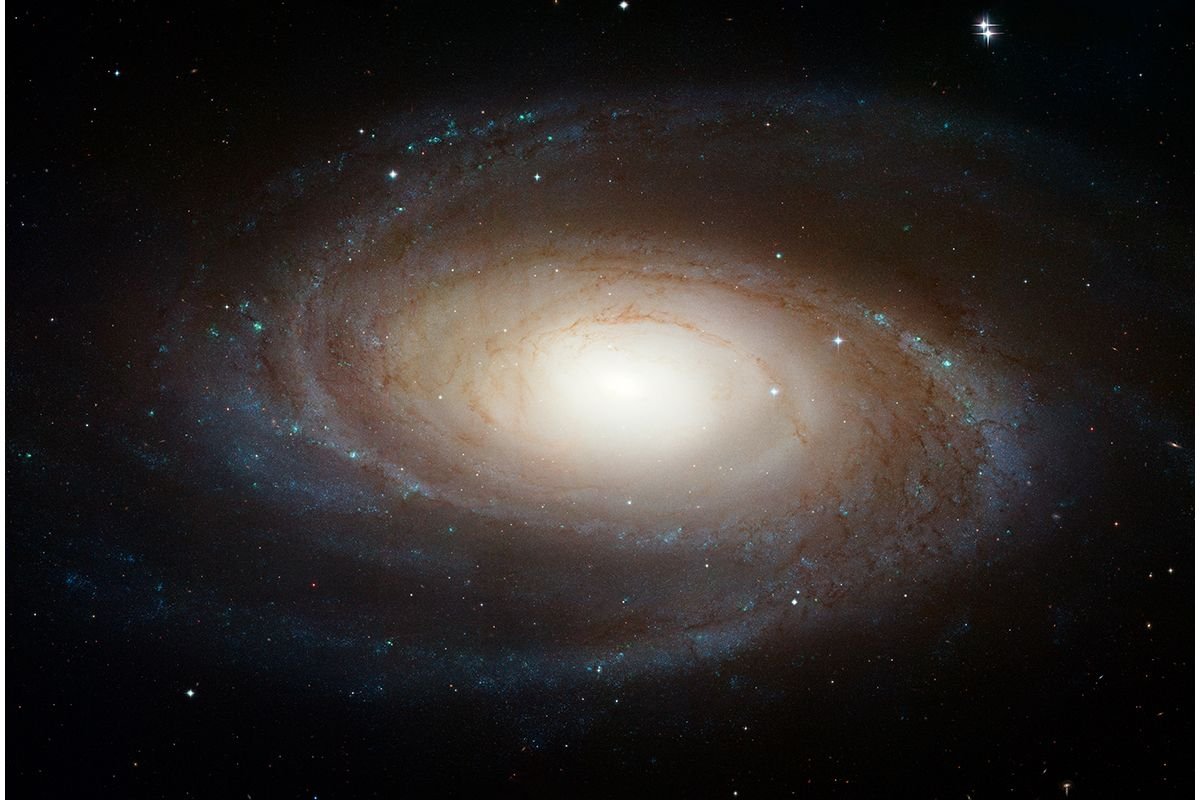Mankind's awareness of our impact on the planet has fundamentally altered Earth's self-regulating system, a pair of scientists have said. Timothy Lenton and Bruno Latour believe that by becoming aware of our impact on the planet, humans have created a "fundamental new state" of Gaia—the hypothetical system that has maintained habitable conditions on Earth for billions of years.
The Gaia hypothesis was first put forward by British chemist James Lovelock, and was developed with fellow scientist Lynn Margulis throughout the 1970s. It suggests that all life on Earth is part of a self-regulating system that has allowed habitable conditions to exist since life first emerged about 3.8 billion years ago.
The hypothesis was initially met with hostility but has since been recognized as opening up a new field of Earth science—so much so that in 2006, Lovelock was awarded with the prestigious Wollaston Medal from the Geological Society of London.
Almost 20 years on, Lenton and Latour say Gaia needs an update. In an editorial for Science magazine, the researchers have proposed Gaia 2.0—a new version that takes into account mankind's self awareness when it comes to the impact we have on the planet. They say that by realizing the effect of our actions—through greenhouse gas emissions or plastic pollution, for example—we have fundamentally changed Earth's self-regulating system. We are no longer passive cogs in the machine.
Lenton, from the U.K.'s University of Exeter, and Latour, from Sciences Po in France, say that by recognizing our role in the planet's health, Gaia 2.0 "may be an effective framework for fostering global sustainability," they wrote.

"Before the Anthropocene, Western societies saw themselves as the only conscious agents in a passive material environment. Today, they must cope with the brutal reactions of living organisms that are continually reshaping their surroundings, creating in part their own conditions for survival. Gaia thus establishes a new continuity between humans and nonhumans that was not visible before—a relation between free agents. This understanding offers the potential to learn from features of Gaia to create a Gaia 2.0."
The scientists say that we should learn from the original Gaia hypothesis to inform ourselves on how we can help maintain a human-sustaining Earth. However this would need to be supported by humans willing to create positive changes—and not all anthropogenic activities accommodate this.
"Maintaining a self-regulating, human life–supporting planet is not the primary goal of some dominant modes of collective human activity today," they write. "Despite a flood of monitoring information, present industrial societies seem less able to track changes in their environment than the life-forms that compose Gaia, because that information is often ignored where it matters by those in power. It's as if purposelessness had shifted from the natural to the social domain."
They continue: "If in politics the blind lead the blind, then hope rests on finding the best way to activate the white cane to fumble in the dark." Concluding, they say it is up to the "scientific establishment" to provide evidence and to work with activists and politicians to "realize where things are going wrong."

Commenting on the editorial, Cock van Oosterhout, Professor of Evolutionary Genetics at the U.K.'s University of East Anglia, told Newsweek that Lenton and Latour present some "very interesting ideas" and that it is an "insightful view" that solves some of the problems with the original Gaia hypothesis.
He said evolutionary biologists have always looked skeptically at Gaia as a self-regulating system because it seemed to be too theological and "goal centered." This, he says, is why Gaia 2.0 is so interesting. "If you take the human perspective into it, you realise that the regulation of biogeochemical cycles and nutrient cycles can be manipulated and managed by humans," he said.
"This makes the whole idea of self awareness and self regulation more feasible. Of course humans aren't actual drivers of this self awareness or self regulation, and this article emphasises that scientists, citizens, activists will need to feed this self awareness back to politicians to make the system self aware.
"It's such a contemporary issue particularly with politics seeming to go out in extreme directions with short-term gains that are detrimental to the global long-term security—food security, environmental security. I think that that is now such a burning issue it's a very important article indeed."

However, Professor Raghu Gopalrao Murtugudde, an Earth system scientist at the University of Maryland, is not convinced. "I like with the philosophical stretch into Gaia 2.0 and the shift of purposelessness from the natural to social domain," he told Newsweek. "But then the jump to relying back on humans to save themselves may fall into the trap of assuming that we evolved out of a purposeless nature but we are capable of providing sustainability as a purpose to nature. But what are the limits of 'our' nature? How do we fit into the rest of the universe?"
He said Gaia 2.0 implicitly assumes we have a "special planet" that has learned to be sustainable. "It doesn't explain our role in the universe and whether the universe can still remain purposeless," Murtugudde said.
"The main thing I would worry about is whether the purposelessness is our construct and our Achille's heel. What if the purpose of life is to dissipate energy and increase entropy as the rest of the universe is doing? In that case, the purpose of our evolution is to speed up the dissipation of energy and we have been very good at it. Termites started the process 120 million years ago by chewing up hydrocarbons that should have become fossil fuels. So my pessimistic view would be that we will start to colonize the moon and Mars and beyond and extend our unsustainable ways to match the scale of galactic bodies that dissipate energy at much larger scales. So we will remain consistent with a purposeless nature."
This article has been updated to include quotes from Raghu Murtugudde.
Uncommon Knowledge
Newsweek is committed to challenging conventional wisdom and finding connections in the search for common ground.
Newsweek is committed to challenging conventional wisdom and finding connections in the search for common ground.
About the writer
Hannah Osborne is Nesweek's Science Editor, based in London, UK. Hannah joined Newsweek in 2017 from IBTimes UK. She is ... Read more
To read how Newsweek uses AI as a newsroom tool, Click here.








